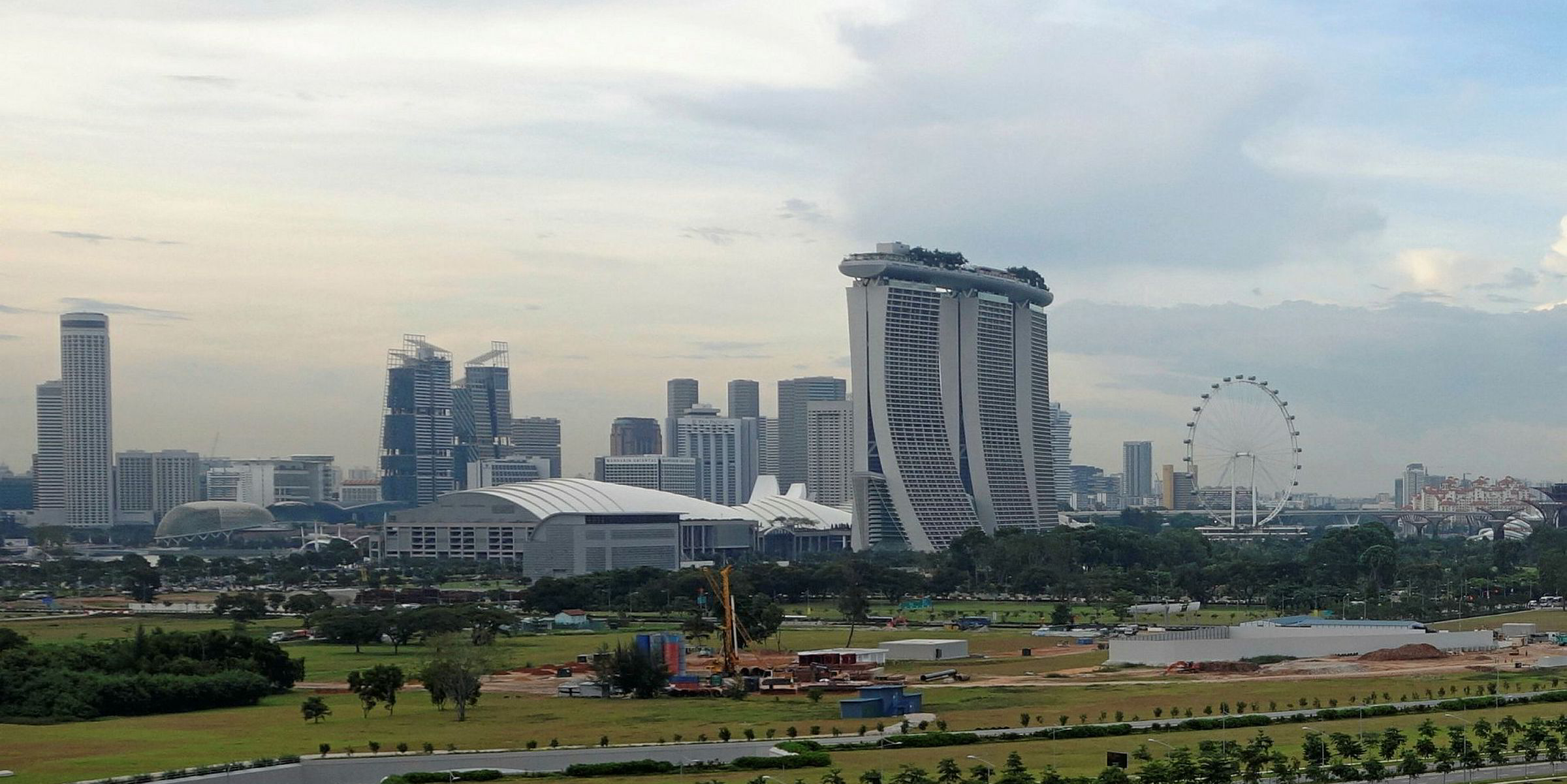Singapore has turned to floating accommodation to house foreign workers caught up in the spread of coronavirus.
The Maritime & Port Authority (MPA) has teamed up with PSA Singapore, Keppel Corp, Bibby Maritime and The Ascott to bring in and manage two floatels.
“Covid-19 clusters in foreign workers’ dorms is a grave concern,” transport minister Khaw Boon Wan said after a visit to one of the floatels on Saturday.
“Each dorm is practically a huge family unit, hence our concern. We are working to reduce the density within each dorm.
“This requires the creation of new dorms and new capacity so that workers can be re-accommodated, and building new ones takes time.”
Khaw said each facility can hold “a few hundred occupants” and can be organised to achieve safe distancing.
“They are now parked in a restricted area in the Tanjong Pagar Terminal, with strict measures in place to limit movement,” he said.
“They are suitable for foreign workers who are well and not working during this circuit-breaker period.”
The MPA said all foreign workers will have to go through health checks, including swab tests, before boarding the floating accommodation.
“In line with the elevated safe distancing measures put in place for the whole of Singapore, they will also have to follow strict public health measures set out by Ministry of Health, such as minimising interaction with other occupants," it said.
The MPA said the essential needs of the occupants, including the delivery of catered meals to reduce the risk of infection, will be taken care of.
“A medical facility, manned by nurses and doctors from Fullerton Healthcare, will be set up nearby on land, to ensure that medical support is available.”
Last week, Singapore said healthy foreign workers would be moved from their dormitories to other sites such as floatels to prevent them being infected by workers with coronavirus.
Singapore relies on hundreds of thousands of migrant labourers to work in offshore, marine and construction.
Local media reported that 200,000 men, predominantly from India and Bangladesh, live in 43 such dormitories.







